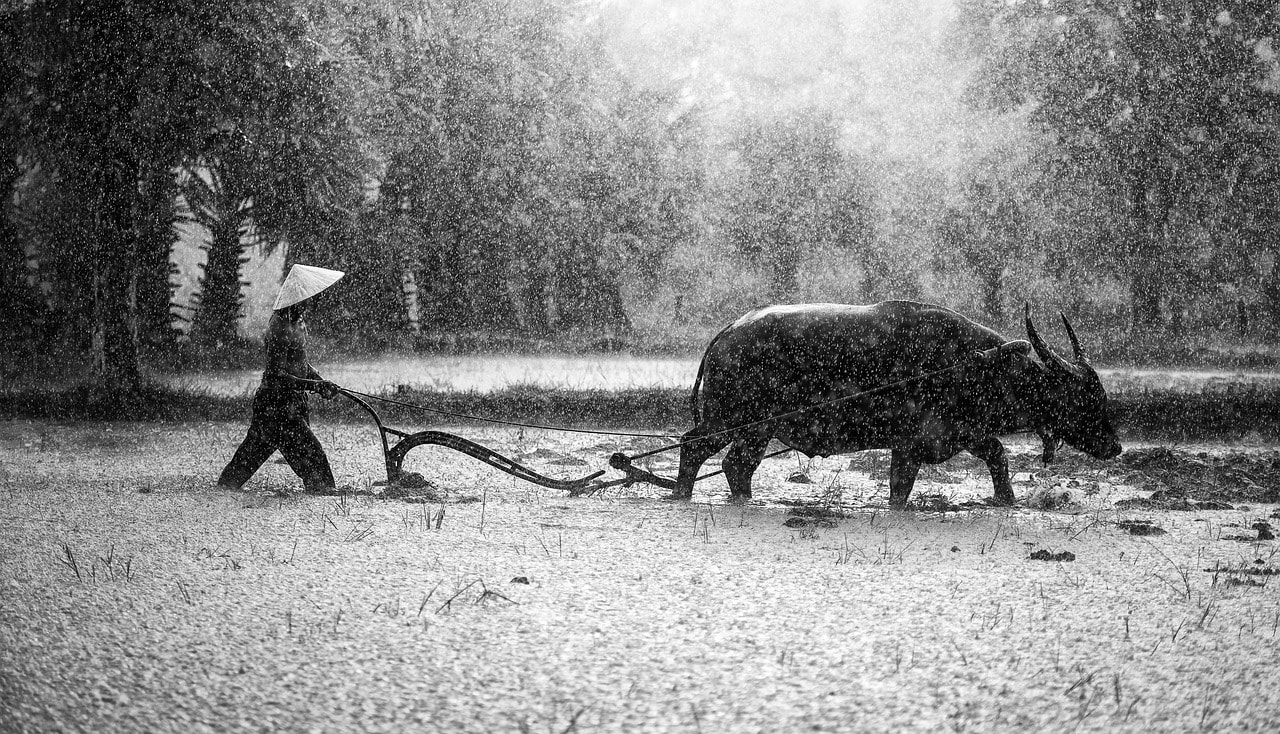--------------------------------------------------
Eric was a regular at the Nest café. The quality of the food and drink was unexceptional, but they were remarkably cheap.
One day he asked the manager how she did it. She leaned over and whispered, conspiratorially, "Easy. You see, all my staff are from Africa. They need to survive but can't get regular jobs. So I let them sleep in the cellar, feed them just enough, and give them £5 cash a week. It's great—they work all day, six days a week. With my wage bill so low, I can offer low prices and make handsome profits.
"Don't look so shocked," she continued, reading his reaction. "This suits everyone. They choose to work here because it helps them, I make money, and you get a bargain. Top up?"
Eric accepted. But perhaps this would be his last coffee here. Despite the manager's justification, he felt, as a customer, he would be complicit in exploitation. As he sipped his americano, however, he wondered if the staff would appreciate his boycott. Weren't these jobs and the shelter of the cellar better than nothing?
Baggini, J., The Pig That Wants to Be Eaten, 2005, p. 298.
---------------------------------------------------
Lest you consider this too narrowly, here are some further thoughts about this experiment by Baggini:
You don't have to be a militant anti-capitalist to recognise that everyone who lives in a developed country is essentially in the same position as Eric. We import comparatively cheap goods because those producing them work for a pittance. And if we know this yet carry on buying, we are helping to maintain the situation. Do not be fooled by the superficial differences. Eric is closer to the cheap labour than we are, but geographical proximity is not ethically significant in this case. You don't cease to exploit someone simply by putting miles between you. Nor is the illegality of the café staff the issue. Simply imagine a country where such employment practices are permitted. ... If Eric is wrong to help feather the Nest, we are wrong to buy from businesses that treat the people at the other end of their supply chains in the same way. This is a very troubling conclusion, for it makes almost every one of us complicit in exploitation.
Ouch. What do you think? Are we global capitalists living in another era that future civilisations will look back on in horror? If not, why? If so, what should you do about it? I'll be back on Friday with my own comments on this final problem.


